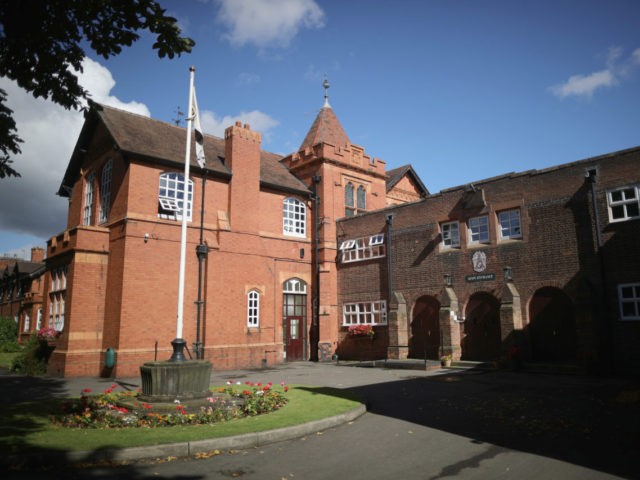White, working class boys could see their prospects significantly improved by the introduction of grammar schools in working class areas, a study commissioned by a Labour council has found.
White, working class children as an ethnic group currently show the lowest levels of educational attainment, but the major study by ResPublica, commissioned by Knowsley Council, has offered evidence that this could be remedied by the introduction of selective schools in the area.
Knowsley, on the outskirts of Liverpool, is currently the worst-performing area in the country for educational attainment. Fewer than half of pupils achieve the government’s benchmark of five A*-C-grade GCSEs, The Telegraph has reported.
It is also the second poorest borough in England, and its 150,000-strong population is 95 per cent white British.
Although the report focuses on Knowsley, it broadens its horizons to the education system nationally. It cites evidence that for “poor but bright” pupils, attending a selective school can boost performance by nearly 10 percentage points compared to non-selective schools.
However, it advised that for grammars to have the most impact, they must be placed in disadvantaged areas where there are no local schools rated “good” or “outstanding” by Ofsted, and where there are no middle classes to “game the system”.
Phillip Blond, director of ResPublica, said: “For too long white working-class children have been left behind by an education system which is not working properly.
“With a new Education Secretary we have the chance to implement change, not only in Knowsley where we know that improvements need to be made, but across the whole of the country.
“Reintroducing grammar schools is potentially a transformative idea for working-class areas where there are little or no middle classes to game the admission system.
“We know that selection improves the performance of those white working-class children selected – the trouble is too few of them are.
“We recommend that new grammars in the first instance are exclusively focused on the needs of white working-class children.”
The report is likely to be welcomed by Prime Minister Theresa May, who has already announced her intention to reintroduce grammar schools nationally. In her first speech as prime minister, May pledged to fight the “burning injustice” which means that “if you’re a white, working-class boy, you’re less likely than anybody else in Britain to go to university”.
Yet Sir Michael Wilshaw, head of Ofsted, has spoken out repeatedly against grammars following the prime minister’s announcement.
Sunday he told the BBC’s Andrew Marr: “If you have grammar schools, you take away the most able children from the all-ability comprehensive set-up. And I speak as an ex-head of a successful inner-city comprehensive school, an academy, in Hackney. I needed those top 20 per cent to lift everyone up.”
Arguing he would not have been able to turn around his academy had there been a grammar school nearby, he said: “I wouldn’t have been able to do it if those top, those most able youngsters went to the grammar school, because it was their ambition, their excellence that affected the rest of the school community.”
Neil Carmichael, Tory MP and chairman of the Commons Education Select Committee, said: “For some time there has been a feeling the white working class have been left behind by the education system.
“Much more must be done to support these deprived communities, and I welcome ResPublica’s call for a renewed focus on both local and national solutions.”

COMMENTS
Please let us know if you're having issues with commenting.